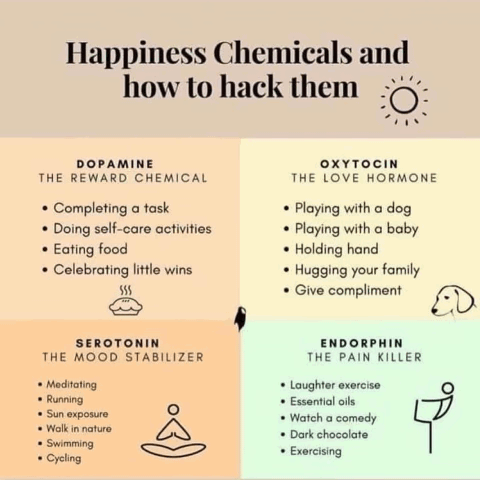One of the great memories of my adult life took place in the middle of Kansas. I was driving my family in our Ford van to a cabin down by Shuttle Creek Lake (a place we enjoyed getting away to from time to time during our Lincoln, NE days). As we drove up to the edge of the plateau that wound it's way down to the lakeside, the view across the lake was stunning. It always made me feel like I was back in the Puget Sound region near Seattle, looking across a large body of water with rising hills in the background.
I was listening to John Barry's Movie Themes recording (one of my favorites). The music was so evocative as only his music can be. Descending the hill, I suddenly saw a picnic table off the road with a perfect view. I reacted almost immediately, instinctively, from deep within my soul, without rational thought. I stopped, opened up the van doors, turned the music volume up REALLY loud, got out of the van and jumped up on top of the picnic table. I began waving my arms and hands to the rhythm and feeling of the music, completely lost in myself, as though I was being possessed by the orchestra conductor.
My kids were watching, their mouths ajar. "Dad has really lost it this time," I'm sure they must have been thinking.
But in that moment, and to this current moment, that experience of totally losing myself in the scene and the music and spontaneously acting it out without fear, shame, or second thoughts, is one of the most authentic and deeply joyful memories of my life. I was completely unobstructed by cultural pressure and expectations. I simply was being Me, expressing Me from my depths.
e e cummings is so right. We live in a world that is constantly trying to mold us into its sense of right and expectation.
To be nobody but yourself in a world that is doing its best, night and day, to make you everybody but yourself - means to fight the hardest battle which any human being can fight - and never stop fighting.”
Be more of this, Be more of that, Don't be this, Don't be that. Dial it down. Dial it up. And before we know it, we've lost our true, most authentic selves. And we end up losing our deepest joy and greatest impact.
Your authenticity is your place of greatest joy, fulfillment, confidence, power, and influence. Don't be molded by others. Be yourself. The world needs you to be YOU! And if you want to know what that Self of yours is, this is the work I do all the time. It's one of my greatest joys, esp when John Barry music is playing in the background. 😉








